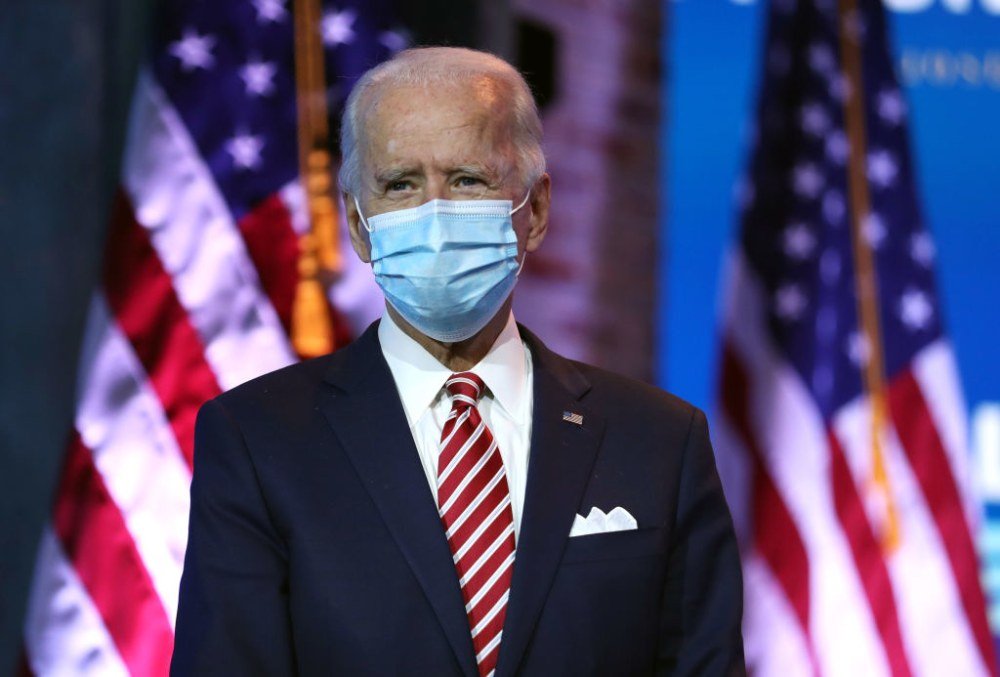
The coronavirus pandemic may be winding down, but there are still cases pending on the legality of executive mandates requiring vaccination for different types of employees. One of them, Georgia v. Biden, is currently before the 11th Circuit Court of Appeals, and its resolution will determine the fate of President Joe Biden’s executive order mandating vaccination for federal contractors.
Federal Contractor Vaccine Mandate
In September 2021, President Biden issued Executive Order 14042, which mandated the previously created Federal Workforce Task Force to provide guidance about COVID-19 protections for federal contractors and subcontractors.
President Biden claimed that he was acting under the powers vested in him by the Federal Property and Administrative Services Act and the president’s general delegation powers. He argues the objective of the order was to “promote economy and efficiency in procurement by contracting with sources that provide adequate COVID-19 safeguards for their workforce.”
The Task Force issued its guidance two weeks later, which required federal contractors to be fully vaccinated by Jan. 18, 2022.
Georgia District Court Grants a Nationwide Injunction
Soon after the issuance of the vaccination mandate, seven states (along with some of their governors) and several state agencies filed a federal lawsuit in Georgia, seeking an injunction against the executive order. A construction industry trade association that represented contractors who frequently worked on federal contracts was later allowed to join.
The district court held that the plaintiffs were likely to succeed on the merits of their claim that President Biden exceeded the authorization granted by Congress in the Act when issuing the executive order, and thus granted the injunction.
According to the court, the order brought about an enormous expansion in regulatory authority without clear congressional authorization, went beyond addressing administrative and management issues to promote efficiency and economy in the procurement process, and operated as a regulation of public health that was not clearly authorized under the Act.
The court not only granted the injunction but made it nationwide in scope. The judge reasoned that the trade association had members all over the country and that a narrower injunction would have caused more confusion given the extent of the association’s membership and the number of contracts involved.
Arguments on Appeal
The case is currently pending before the 11th Circuit Court of Appeals following an appeal by the U.S. government. The government argues that the spread of COVID-19 would slow down transactions of companies that do business with the government and thus justifies the vaccination mandate. In fact, the government argues, many private businesses have imposed similar vaccination requirements to advance economy and efficiency. The state plaintiffs counter that the Act only grants powers to impose conditions on the government’s general operations rather than on the contractors’.
Regarding the scope of the injunction, the federal government argues that there was no evidence of how many trade-association members faced imminent harm by the order and that the fact that there were similar cases pending in different jurisdictions made it unnecessary for the court to issue such a broad injunction.
The Fate of the Other Mandates
The vaccine mandate for federal contractors is just one of many vaccination requirements imposed by the Biden administration. Last year, the executive branch also ordered employees working for private businesses with more than 100 employees and healthcare workers to be fully vaccinated to keep their jobs. So far, only the healthcare worker mandate has survived judicial scrutiny. Since coronavirus infections have declined, maybe so has the strength of the arguments that the mandates further the economy and efficiency of the procurement process. As is often the case, courts will have the last word.
